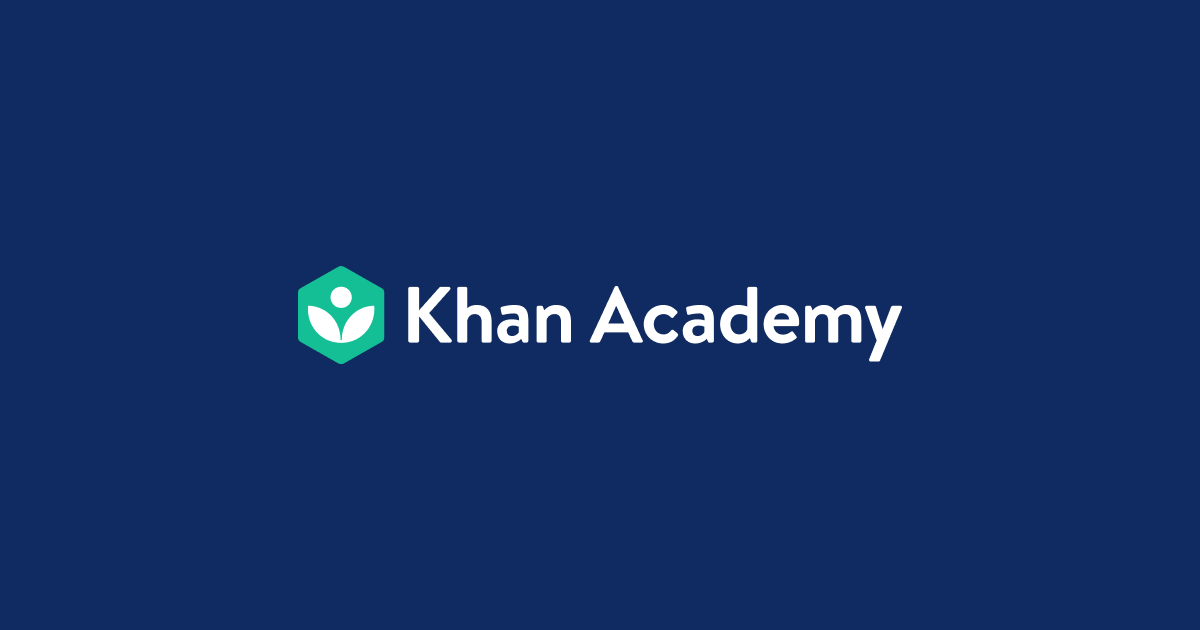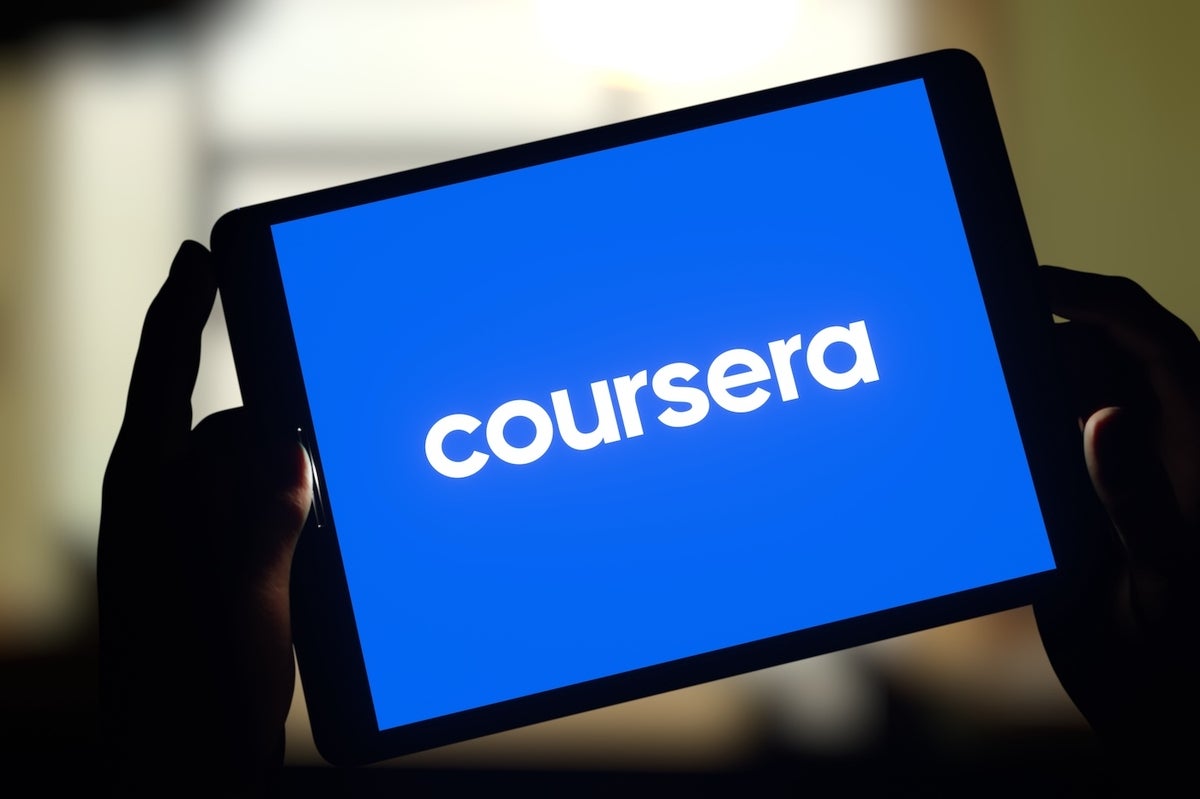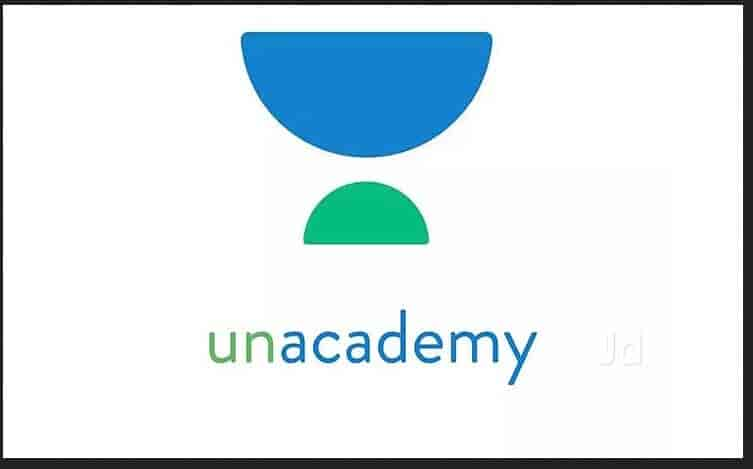EdTech Brand Growth: Lessons from Top Players

If you plan to start an EdTech business or take your existing one to the next stage, this is the right time. Even though online learning existed earlier, the pandemic made it familiar, convenient, and comfortable. As a result, the EdTech industry is skyrocketing in popularity and prosperity.
The EdTech industry in India has been progressing at a moderate pace. In the post-pandemic scene, it will reach an incredible 30 billion USD by 2031. A well-planned and well-executed EdTech startup will surely succeed in this conducive scenario.
EdTech companies like Coursera, Emeritus, and Khan Academy have harnessed this wave and amplified their already substantial presence. For aspiring entrepreneurs looking for brand growth, learning the strategies of these established EdTech giants will prove immensely helpful.
In this blog, Growth Jockey offers a curated list of valuable lessons to learn from the top players in the EdTech industry.
Khan Academy

It started as a project from an ex-engineer’s online tutoring sessions with his niece. Khan Academy has now achieved worldwide popularity. Founded by Salman Khan, this EdTech platform is one of the most prominent players in the industry.
Khan Academy has created thousands of instructional videos on various academic topics, including mathematics, science, history, economics, and philosophy. In addition, the platform offers test preparation assistance and tools for educators.
Users can access them through both website and mobile applications. This diversity of distribution channels certainly contributes to the company’s development.
The platform is free to use, keeping its mission "to provide a free, world-class education to anyone, anywhere". It has become a household name, truly changing the face of EdTech in India.
Business Model
Khan Academy is a non-profit organisation; most of its earnings come from donations. These sources include Google, the Walt Disney Foundation, and the Bill & Melinda Gates Foundation. The organisation maintains its business and resources through these donations. Earnings from YouTube also add to the firm’s revenue.
Interactive Content
Interactive content is a fail-safe way to increase engagement. Khan Academy has made full use of this through its video content. These are only 10 minutes long, catering to today's limited attention spans.
Moreover, they are optimised for mobile devices. This makes them easily consumable and accessible and improves the learning experience.
In 2010, the firm introduced badges, reaching up to six levels. This served to emphasise the fun side of learning.
Collaborations
The company’s marketing strategy includes collaborations. It launched its first campaign in 2014 in association with Enso. The title of the motivational video was “You Can Learn Anything”. It communicated a powerful message: no concept is too complicated, and anyone, anywhere, can learn anything.
They launched another campaign featuring the singer John Legend. He shared stories of struggles in his career.
Through these videos, Khan Academy demonstrated its platform's ability to help people overcome struggles and achieve their goals.
Another example of a collaboration was with Kotak Mahindra Bank Limited in July 2022. The partnership created academic content for classes 6 to 12 in line with NCERT.
Collecting Feedback
Another way Salman Khan boosted the company’s success was by listening and acting on his viewer's feedback. He consistently worked to incorporate consumers’ suggestions and resolve problems.
He did this primarily through emails and social media sites. Hence, user engagement through these channels is crucial to brand growth.
Last year, Khan Academy faced criticism surrounding the technical correctness of some of the videos. The founder responded by expanding faculty, including content specialists, to fix faults.
Coursera

Coursera is a U.S.-based EdTech industry founded by Stanford University professors Andrew Ng and Daphne Koller. This online learning platform provides individual courses, certificates, degree programs, and more.
Partnerships and Collaborations
Coursera has partnered with top universities worldwide, including Stanford University and Imperial College. They have also partnered with IIM Ahmedabad, IIM Indore, Indian Institute of Science and IIT Bangalore. Some other organisations they have collaborated with include Google and IBM.
This has allowed them to accomplish the following:
-
Expand its course offerings
-
Reach a wider audience
-
Help learners kickstart their careers through job-relevant online degrees and credentials from leading universities
-
Lend credibility and increase the quality of courses as experts from top universities and organisations teach them
Pandemic Response
Data analytics reveal that Coursera gathered the maximum number of learners during the pandemic alone. It was more than its competitors did in their entire journey. The number increased from approximately 45 million to 76 million.
This overwhelming increase is due to their excellent pandemic response strategy. Studying this would be useful in devising your own crisis response mechanism.
Here are some components of their response:
-
115 certificate courses were free till the end of 2020.
-
They launched several courses regarding COVID-19.
-
The firm announced Coursera for Campus. This program allowed free catalogue access to all university students. The proposed objective was to help mitigate the impact of the pandemic. It also improved brand awareness by reaching a wider audience.
-
In a similar initiative, Coursera for Government allowed unemployed workers to access the catalogue.
This shows Coursera’s agility and ability to adapt to dynamic scenarios. It is an important skill to have in the industry.
Free Trials
Coursera offers free trials for many of its courses as part of its marketing strategy. After a free trial of one week, the user can choose to pay for the course. This appeals to the consumer’s fear of losing the course after a week. Thus, most people pay for the course in the end.
Unacademy

Unacademy was founded by Gaurav Munjal, Hemesh Singh, and Roman Saini. It is a multinational company currently headquartered in Bangalore. It started as a YouTube channel and gained a large user base before launching the application. Later, it upgraded its YouTube presence to various specialised channels.
It offers courses for classes 10+2 and competitive exams like JEE, UPSC, NEET, GATE, and more.
Freemium Business Model
Unacademy offers some of its services for free. However, users must pay a subscription fee to access advanced features, including interactive sessions with leading experts. Thus, Unacademy follows a freemium business model.
Partnerships and Acquisitions
Unacademy has partnered with several educational institutions to provide coaching and certification programs. For instance, the platform has partnered with Sriram’s IAS Academy to provide training and resources to candidates preparing for the Civil Services Examination.
Unacademy also entered a partnership with Sachin Tendulkar, who is the brand ambassador. These partnerships lend greater credibility to the platform and extend its reach to a broader audience.
Additionally, this EdTech platform has acquired several startups, which has assisted in its growth. Some of its acquisitions include WifiStudy, CodeChef, and Coursavy.
Offline Coaching Centres
Unacademy launched offline coaching centres in Kota, Jaipur, and Bangalore. This allows it to establish a physical presence. These centres claim to provide access to top-notch facilities and expert educators from all over the country. By combining the best of offline and online learning, they offer a unique experience.
Summing Up
This EdTech industry analysis and example have shown that these companies have followed a defined path to success, implementing key strategies. These could provide valuable insights and lessons to anyone looking to succeed in this rapidly growing industry.
Growth Jockey is ready to assist you in effectively executing these blueprints. With years of experience augmenting brand growth, our experts will offer you the perfect solutions for your needs.
Frequently Asked Questions
1. How do EdTech companies ensure security?
Platforms like Blackboard use Transport Layer Security to ensure secure communications between the server and the client machine.
2. How to target marketing efforts?
Targeted marketing can effectively increase conversion. For instance, LEAD school uses pin-code data to tailor their pitches to local schools and colleges.
3. What is the marketing mix for EdTech?
A rounded strategy should include SEO, SEM, paid social advertising, and LinkedIn marketing. This will help build both short-term and long-term value.








